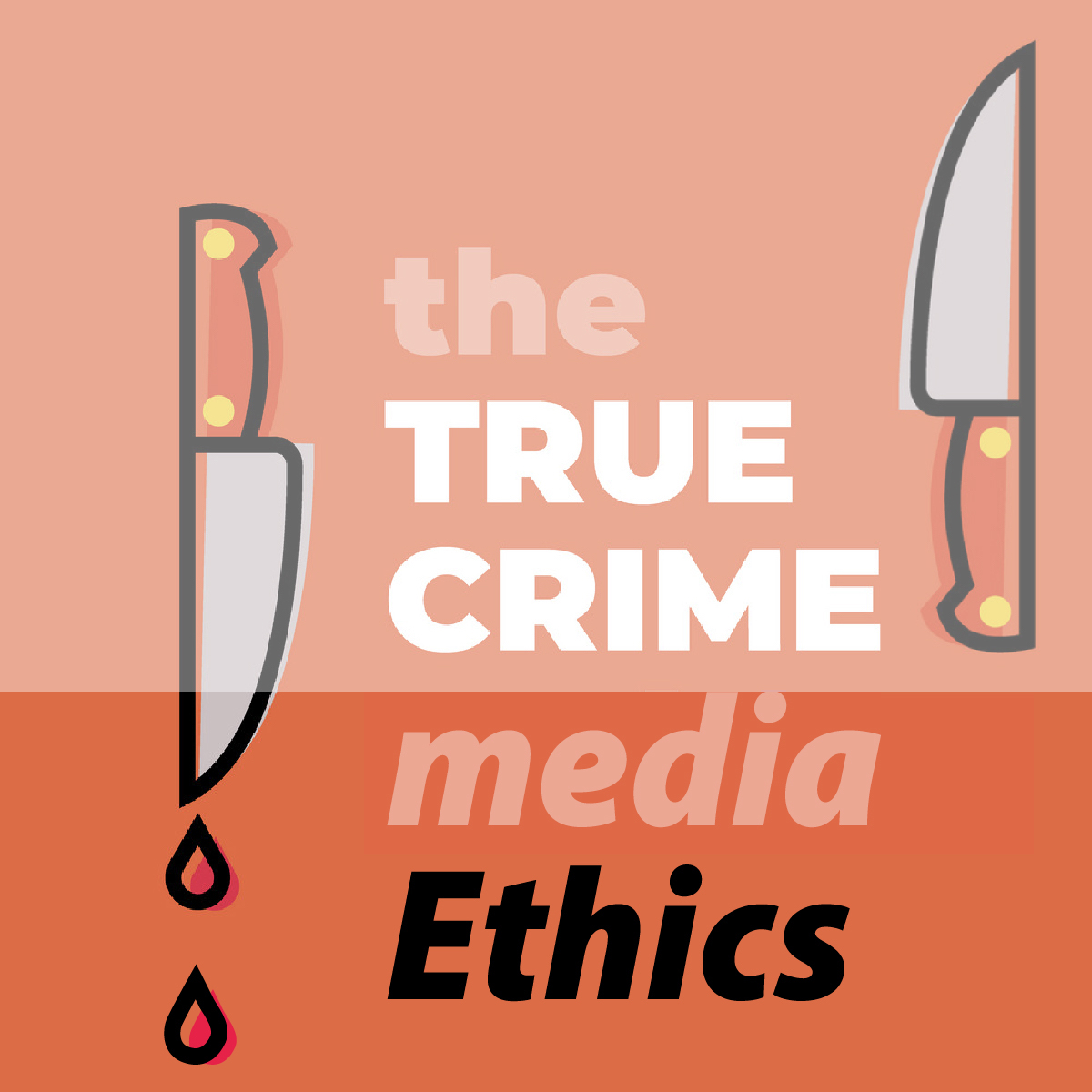The ethical dilemma behind true crime media

Sadie Beaumont is an english senior and reporter for KCPR. The views expressed in this piece don’t necessarily reflect those of MMG.
The relevance of true crime in consumerist culture has been on the rise, fueled by podcasts, shows, books and movies alike: 44% of Americans said they watch the genre of thriller/mystery/crime. This is not including the 55% that prefer dramas, and the 45% who prefer documentaries, both genres that overlap with true crime content. Last July, The Ringer reported that since March 24, 2020, eight true crime documentaries have hit No. 1 on Netflix and held their rankings, and four more have reached No. 2.
True crime is a buzzword for large overlapping portions of audiences, reaching out to horror fans, history buffs, mystery lovers and even Cal Poly students. This fascination with the horrors of true crime is linked to our innate desire to solve puzzles and gain knowledge about the dangers of life, leading to enticing front-page content. Is this growing consumption of true crime well-intentioned? Or is it invasive?
In 2019, Chris Lambert visited Cal Poly as he set out to retrace Kristin Smart’s steps on campus and beyond for his podcast, “Your Own Backyard.” Lambert dove into Smart’s past, speaking with her loved ones to center her life amidst the tragedy of her disappearance. His interviews with her family were raw and heartbreaking, humanizing Smart and raising awareness about her story.
The key to Lambert’s success was the element of control that Smart’s family had in the telling of the story. Smart’s loved ones were willing to speak with him and had a hand in how the image of Smart was presented to the public. In the first episode of “Your Own Backyard,” “A Face on a Billboard,” Stan and Denise, Smart’s parents, take turns telling Lambert about their daughter’s childhood, lovingly characterizing her with fond memories.
However, in other situations, many victims’ family members and loved ones, as well as perpetrators, do not have the same opportunity as Smart’s family. In many instances, family members have pushed back against true crime media, claiming no knowledge of the release of their story. Most recently, Eric Perry, a cousin of one of Jeffery Dahmer’s victims, spoke out against the documentary series “Monster: the Jeffrey Dahmer Story,” which tells the story of Dahmer’s life:
Rita Isbell, the victim’s sister, said in a Hollywood Reporter article, “I feel like Netflix should’ve asked if we mind or how we felt about making it. They didn’t ask me anything. They just did it.”
The difference between the Smart and Isbell cases lies in profit. While Lambert had an open line of communication and trust with the Smart family, the Isbells were blindsided. But where does that leave the consumer?
Consuming media that has been produced with victims’ families in mind, like “Your Own Backyard,” seems to have large-scale benefits: Since its release in 2019, the podcast has been downloaded more than 10 million times, generating a greater amount of interest in the once-cold case than there had ever been before. After Paul Flores was arrested for Smart’s murder in 2021, San Luis Obispo County Sheriff Ian Parkinson said Lambert helped find new witnesses for the case and bring more awareness to it.
“I think what Chris did with the podcast was truly put it out nationally to bring in new information, so we did produce some information that I believe was valuable,” Parkinson said.
With new true crime media continuing to hit the market, it will be up to the consumer to do some investigating of their own to determine what they deem ethical.

